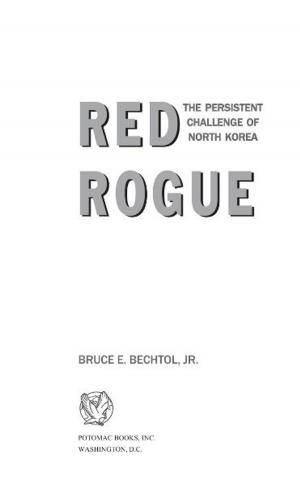| Author: | Tom Carter | ISBN: | 9781597977975 |
| Publisher: | Potomac Books Inc. | Publication: | October 31, 2012 |
| Imprint: | Language: | English |
| Author: | Tom Carter |
| ISBN: | 9781597977975 |
| Publisher: | Potomac Books Inc. |
| Publication: | October 31, 2012 |
| Imprint: | |
| Language: | English |
World War II naval history has been discussed and examined from almost every possible angle. One story that has never been told in detail, however, is that of the U.S. Navy's vessel designated the landing craft, tank (LCT). Even though they are known for ferrying troops and supplies to the beaches of Normandy, LCTs were more than mere transports. In fact, the little craft had permanently assigned crews and participated in nearly all forms of naval warfare. Beachhead Normandy combines the history of LCT operations with a detailed look at a specific ship, the LCT 614, which landed at Omaha Beach under heavy fire. Tom Carter has gathered material from the U.S. Navy's archives, the National Archives, and personal stories from several members of the 614's crew, including the ship's skipper and second officer, to give readers a clear picture of the LCT's role in one of World War II's most pivotal moments. He also analyzes the role of LCTs in the Pacific theater, including the 614's participation in the occupation of China while supporting the marines' famed First Division. Drawing on both technical analyses and personal accounts by the actual participants, including the author's father, Beachhead Normandy is a rich and varied history of the key services these ships performed during and after World War II.
World War II naval history has been discussed and examined from almost every possible angle. One story that has never been told in detail, however, is that of the U.S. Navy's vessel designated the landing craft, tank (LCT). Even though they are known for ferrying troops and supplies to the beaches of Normandy, LCTs were more than mere transports. In fact, the little craft had permanently assigned crews and participated in nearly all forms of naval warfare. Beachhead Normandy combines the history of LCT operations with a detailed look at a specific ship, the LCT 614, which landed at Omaha Beach under heavy fire. Tom Carter has gathered material from the U.S. Navy's archives, the National Archives, and personal stories from several members of the 614's crew, including the ship's skipper and second officer, to give readers a clear picture of the LCT's role in one of World War II's most pivotal moments. He also analyzes the role of LCTs in the Pacific theater, including the 614's participation in the occupation of China while supporting the marines' famed First Division. Drawing on both technical analyses and personal accounts by the actual participants, including the author's father, Beachhead Normandy is a rich and varied history of the key services these ships performed during and after World War II.















